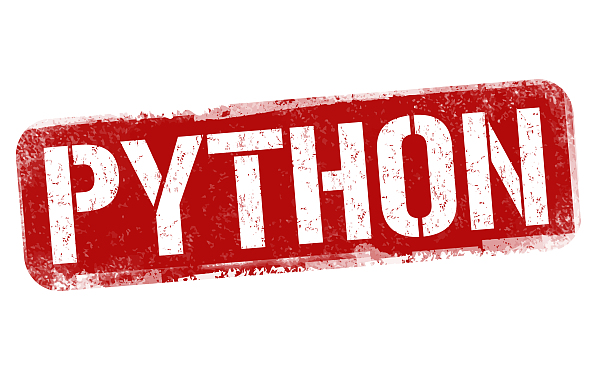I have been trying to figure out how to use python-requests to send a request that the url looks like:
http://example.com/api/add.json?name='hello'&data[]='hello'&data[]='world'
Normally I can build a dictionary and do:
data = {'name': 'hello', 'data': 'world'}
response = requests.get('http://example.com/api/add.json', params=data)
That works fine for most everything that I do. However, I have hit the url structure from above, and I am not sure how to do that in python without manually building strings. I can do that, but would rather not.
Is there something in the requests library I am missing or some python feature I am unaware of?
Also what do you even call that type of parameter so I can better google it?
What u are doing is correct only. The resultant url is same what u are expecting.
>>> payload = {'name': 'hello', 'data': 'hello'}
>>> r = requests.get("http://example.com/api/params", params=payload)
u can see the resultant url:
>>> print(r.url)
http://example.com/api/params?name=hello&data=hello
According to url format:
In particular, encoding the query string uses the following rules:
- Letters (A–Z and a–z), numbers (0–9) and the characters
.,-,~ and _ are left as-is
- SPACE is encoded as
+ or %20
- All other characters are encoded as %HH hex representation with any non-ASCII characters first encoded as UTF-8 (or other specified encoding)
So array[] will not be as expected and will be automatically replaced according to the rules:
If you build a url like :
`Build URL: http://example.com/api/add.json?name='hello'&data[]='hello'&data[]='world'`
OutPut will be:
>>> payload = {'name': 'hello', "data[]": 'hello','data[]':'world'}
>>> r = requests.get("http://example.com/api/params", params=payload)
>>> r.url
u'http://example.com/api/params?data%5B%5D=world&name=hello'
This is because Duplication will be replaced by the last value of the key in url and data[] will be replaced by data%5B%5D.
If data%5B%5D is not the problem(If server is able to parse it correctly),then u can go ahead with it.
Source Link






 已为社区贡献126445条内容
已为社区贡献126445条内容

所有评论(0)